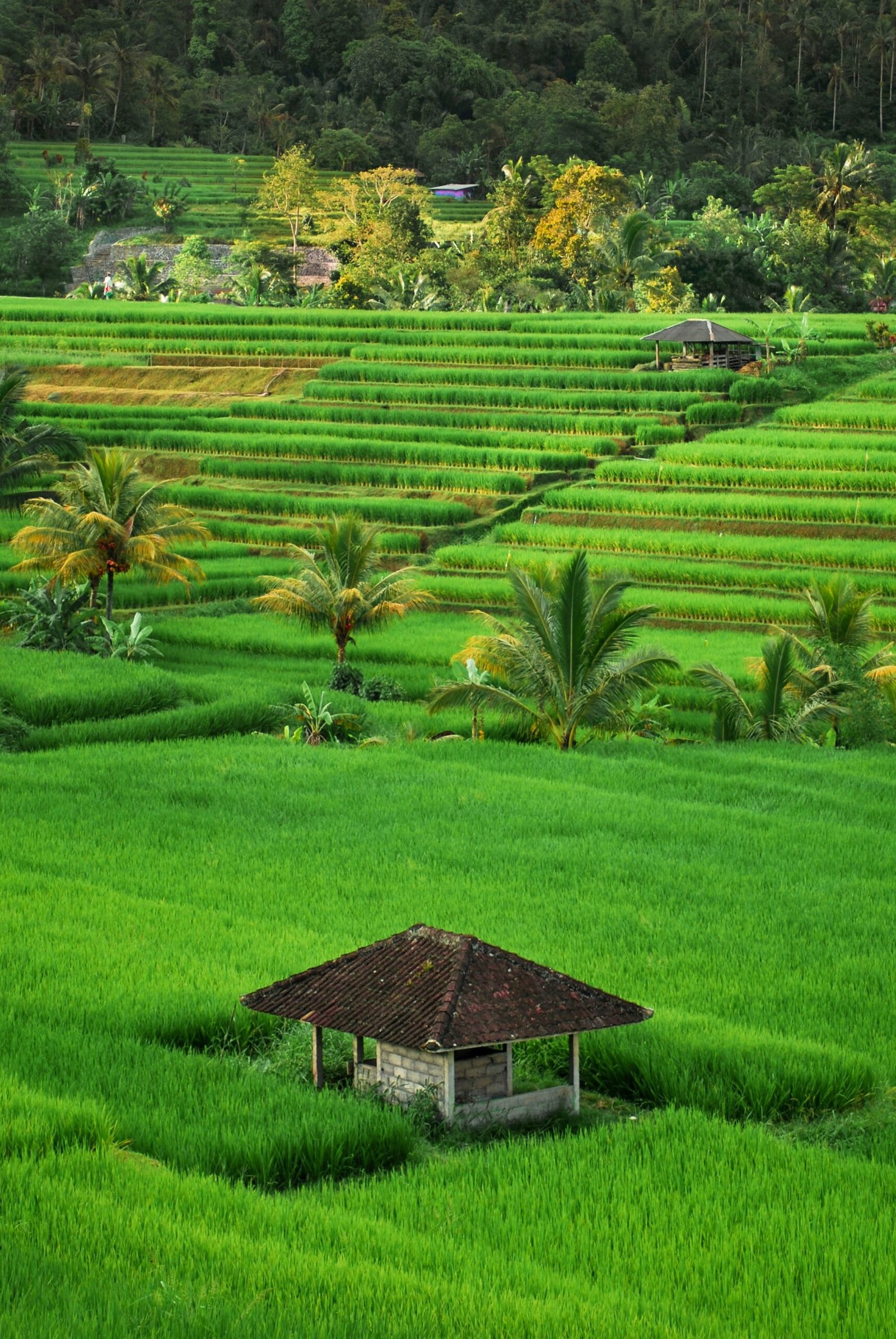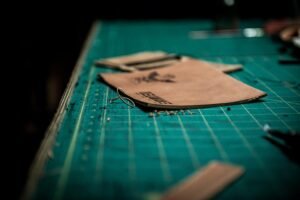Exploring Sustainable Methods in Alligator Farming
Alligator farming has gained significant attention in recent years as a sustainable method for meeting the demand for alligator products while conserving wild populations. This article will explore the innovative and eco-friendly practices being implemented in alligator farming, focusing on the use of recycled materials, responsible breeding programs, and habitat preservation. By adopting these sustainable methods, alligator farmers are not only ensuring the long-term viability of their industry but also contributing to the conservation of this remarkable species. So, grab your boots and let’s dive into the world of sustainable alligator farming!
Habitat Preservation
Protecting Natural Wetlands
Preserving natural wetlands is crucial for sustainable alligator farming. Wetlands serve as essential habitats for alligators and provide them with food, shelter, and breeding grounds. By protecting natural wetlands, we ensure the long-term viability of alligator populations and maintain the delicate balance of the ecosystem. Implementing measures like land conservation, wetland restoration, and reducing pollution can help protect these vital habitats.
Creating Artificial Wetlands
In addition to preserving natural wetlands, creating artificial wetlands can provide additional habitat for alligators. These man-made wetlands can be specifically designed to meet the needs of alligators, offering suitable nesting sites, feeding areas, and resting spots. Artificial wetlands can help alleviate pressure on natural habitats by providing alternative areas for alligators to thrive. By carefully planning and implementing artificial wetlands, we can further support the sustainability of alligator farming.
Feeding Practices
Promoting Natural Feeding Behaviors
Encouraging natural feeding behaviors is essential for the health and well-being of alligators in farming operations. Alligators are opportunistic carnivores, and their diet mainly consists of fish, amphibians, birds, and mammals. In order to mimic their natural feeding habits, it is vital to provide them with a varied diet that includes whole prey items. Alligator farms should aim to replicate the process of hunting and capturing food, allowing these animals to exhibit their natural feeding behaviors.
Implementing Sustainable Feed Sources
To ensure the sustainability of alligator farming, it is necessary to implement sustainable feed sources. Utilizing fish and meat products that come from responsibly managed fisheries and farms can help minimize the environmental impact of feed production. Additionally, exploring alternative feed sources such as insects and plant-based protein can further reduce the strain on ecosystems and enhance the sustainability of alligator farming.
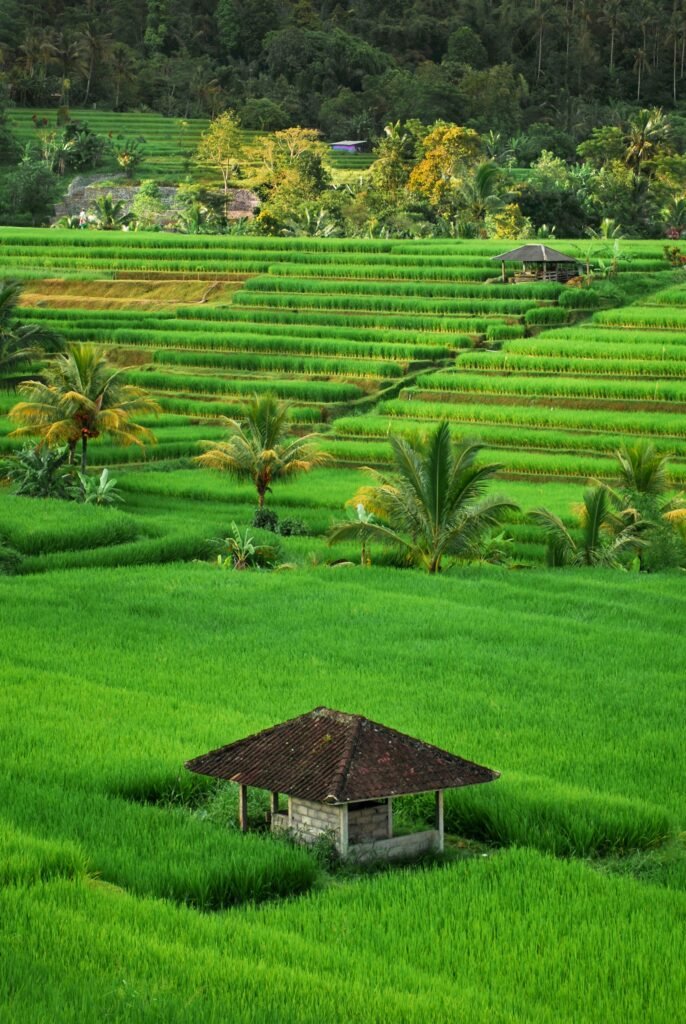
This image is property of images.unsplash.com.
Breeding and Reproduction
Investigating Genetic Diversity
Maintaining genetic diversity within alligator populations is vital for their long-term survival and resilience. In alligator farming, it is crucial to conduct thorough genetic studies to assess the diversity and health of breeding individuals. By carefully selecting breeding pairs based on genetic analysis, we can minimize the risks of inbreeding and ensure the overall genetic health of the population. Regular monitoring and assessments are essential to maintain a diverse and robust gene pool.
Controlling Population Numbers
Controlling the population numbers of farmed alligators is necessary to prevent overpopulation and strain on resources. By closely monitoring reproductive rates and adjusting breeding practices accordingly, farmers can ensure that the number of alligators aligns with the capacity of the farm. Implementing responsible population control measures, such as selective culling or controlled harvesting, can help maintain ecological balance within farming operations and prevent negative impacts on the environment.
Healthcare and Disease Prevention
Implementing Vaccination Programs
Ensuring the health and well-being of alligator populations in farming requires comprehensive healthcare practices, including vaccination programs. Vaccinations play a crucial role in preventing the spread of infectious diseases among alligators. By implementing regular vaccination protocols, farmers can protect these animals from various diseases, thus reducing the need for antibiotics and minimizing the risk of disease outbreaks within farming operations.
Monitoring Water Quality
Maintaining high water quality is essential for the health of alligators in farming systems. Regular monitoring of water parameters such as temperature, pH, dissolved oxygen levels, and nutrient concentrations can help detect and address any potential issues that may arise. By ensuring optimal water quality, farmers can minimize the likelihood of disease outbreaks, prevent stress in alligators, and promote their overall well-being.
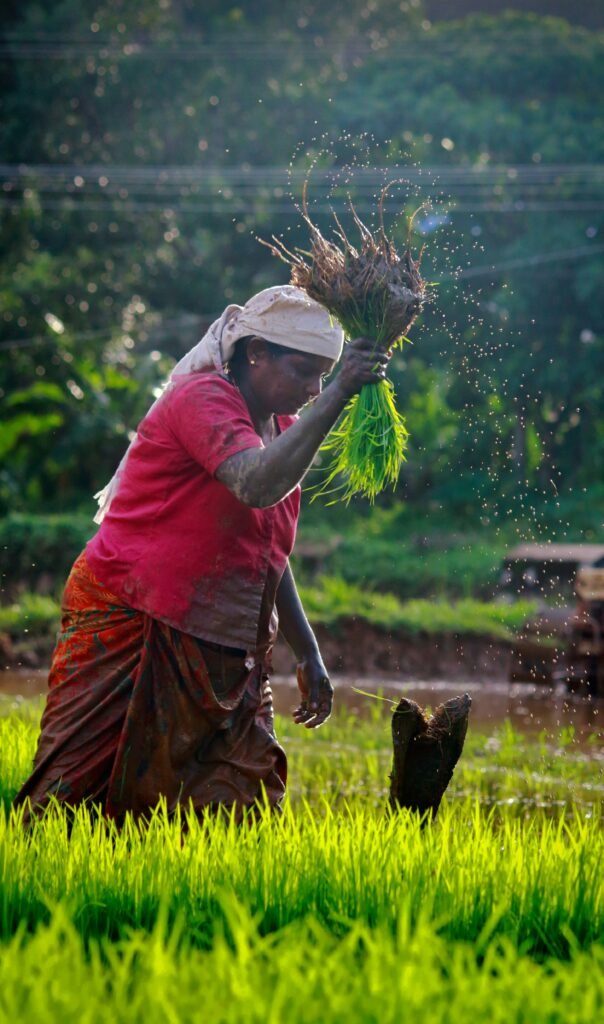
This image is property of images.unsplash.com.
Animal Welfare
Providing Adequate Space and Enrichment
Ensuring the welfare of alligators in farming operations requires providing them with adequate space and environmental enrichment. Alligators need ample space to exhibit natural behaviors and maintain optimal physical and psychological health. Farms should design enclosures that allow alligators to move freely, bask, and engage in natural swimming behaviors. Additionally, providing environmental enrichment such as hiding places, logs, and natural substrates can enhance their well-being and reduce stress.
Minimizing Stress during Handling
Minimizing stress during handling is crucial for the welfare of alligators. Proper handling techniques should be employed to reduce unnecessary stress and avoid harm to these animals. Training farm staff in gentle and respectful handling methods can help ensure that alligators are treated with care and minimize their fear and discomfort. By prioritizing animal welfare during all handling procedures, we can promote the overall well-being of alligators in farming systems.
Product Development and Processing
Exploring Sustainable Leather Tanning Methods
In the production of alligator leather, exploring sustainable tanning methods is essential to minimize the environmental impact. Traditional tanning processes often involve the use of toxic chemicals that can harm ecosystems and human health. By researching and adopting more sustainable tanning methods, such as vegetable tanning or less harmful alternatives, we can reduce the environmental footprint of alligator leather production and promote a more sustainable industry.
Utilizing Alligator By-Products
Maximizing the utilization of alligator by-products is an important aspect of sustainability in alligator farming. Besides their valuable hides, alligator by-products can include meat, bones, and organs. By finding innovative ways to use and process these materials, such as creating high-value products or utilizing them in other industries, we can minimize waste and fully utilize the resources provided by alligators. This approach contributes to a more sustainable and efficient farming system.
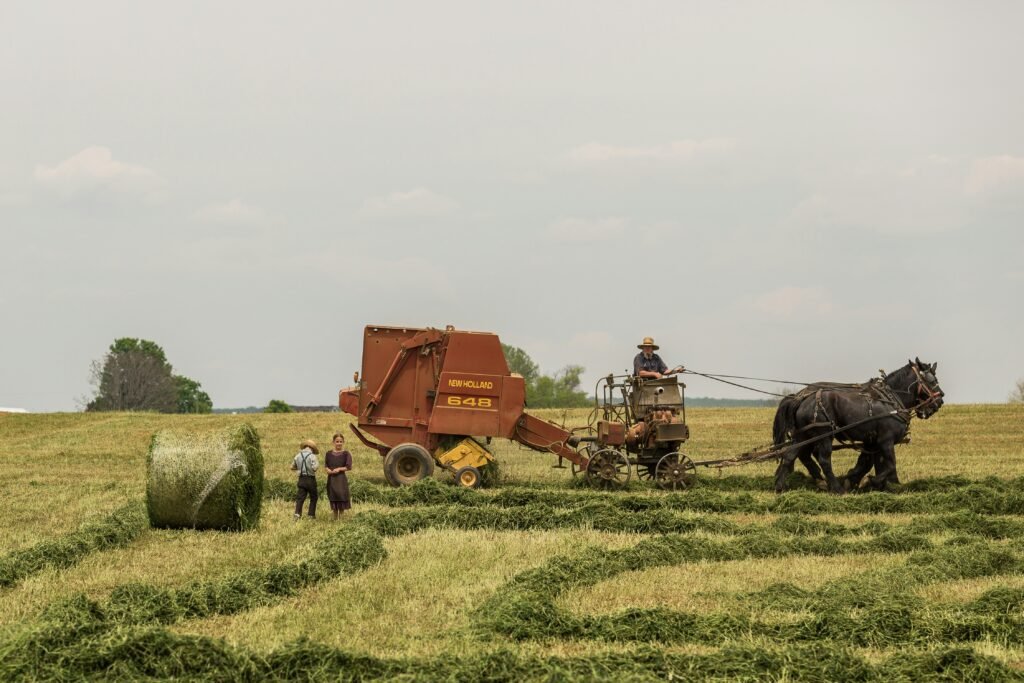
This image is property of images.unsplash.com.
Waste Management
Implementing Recycling and Composting Programs
Effective waste management is crucial for sustainable alligator farming. Implementing recycling and composting programs can help reduce the amount of waste generated and ensure that valuable resources are properly utilized. Recycling materials such as plastics and metals and composting organic waste can minimize the environmental impact of farming operations and contribute to a more sustainable waste management system.
Managing Manure and Carcass Disposal
Proper management of manure and carcass disposal is essential in alligator farming. Manure can be a valuable resource when managed correctly, such as using it as fertilizer for agricultural crops or converting it into biogas for energy production. Additionally, appropriate disposal of carcasses should be carried out in compliance with local regulations to prevent negative environmental impacts. By implementing responsible and sustainable waste management practices, alligator farms can minimize their environmental footprint.
Collaboration and Research
Working with Conservation Organizations
Collaborating with conservation organizations is key to promoting sustainability in alligator farming. Partnering with reputable organizations allows farms to benefit from their expertise and guidance in implementing sustainable practices. These collaborations can also support research efforts, contribute to conservation initiatives, and help alligator farms stay updated on the latest scientific advancements and best practices in the field.
Supporting Scientific Studies
Supporting scientific studies is crucial for the continuous improvement of sustainability in alligator farming. Research efforts can focus on areas such as genetics, nutrition, habitat management, disease prevention, and welfare. By providing financial and logistical support for scientific studies, farmers can contribute to expanding knowledge and finding innovative solutions to further enhance sustainability in alligator farming practices.
Educational Outreach and Awareness
Promoting Sustainable Alligator Farming Practices
Educational outreach and awareness initiatives play a vital role in promoting sustainable alligator farming practices. By engaging with farmers, industry stakeholders, and the public, we can raise awareness about the importance of sustainable practices in alligator farming. Educational programs can inform and educate about the ecological value of alligators, the benefits of sustainable farming methods, and the impact of purchasing responsibly sourced alligator products.
Engaging with Local Communities
Engaging with local communities is essential to foster understanding and support for sustainable alligator farming. By collaborating with community leaders, schools, and relevant organizations, farms can build positive relationships and address any concerns or misconceptions that may exist. Open and transparent communication can help build trust, align interests, and create a mutual commitment to sustainability and responsible farming practices.
Policy and Regulation
Developing and Enforcing Sustainable Farming Standards
Developing and enforcing sustainable farming standards is crucial for the long-term viability of alligator farming. Governments and regulatory bodies should collaborate with industry experts, conservation organizations, and other stakeholders to establish clear guidelines and standards for alligator farming operations. These standards should cover areas such as animal welfare, habitat preservation, waste management, and sustainable feed sources. Strict enforcement of these standards ensures the integrity of the industry and promotes responsible and sustainable practices.
Promoting Responsible Alligator Trade
Promoting responsible alligator trade involves implementing regulations that prioritize sustainability and ethical practices. Governments and regulatory bodies should work closely with alligator farms to ensure that alligator products in the market are sourced from farms that adhere to sustainable practices and comply with relevant regulations. By promoting responsible trade, we can protect wild alligator populations, support sustainable farming operations, and encourage consumer confidence in the industry.
In conclusion, sustainable practices in alligator farming encompass various aspects, from habitat preservation and feeding practices to healthcare and waste management. By implementing measures that focus on animal welfare, genetic diversity, responsible breeding, and collaboration with conservation organizations, the alligator farming industry can contribute to environmental and social sustainability. Furthermore, educational outreach, supporting scientific studies, and adherence to policy and regulatory standards are instrumental in promoting responsible alligator farming practices and ensuring the long-term viability of the industry. With a collective commitment to sustainability, alligator farming can continue to thrive while safeguarding the delicate balance of ecosystems and respecting the well-being of these unique creatures.
